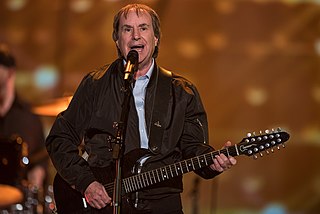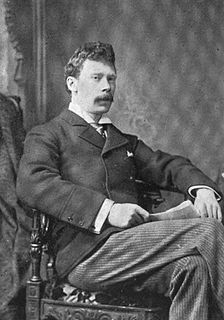A Quote by Miriam Margolyes
From my earliest days, reading was my passion, and at Cambridge, where I studied English literature, my intellectual life deepened and grew.
Related Quotes
English is, from my point of view as an Americanist, an ethnicity. And English literature should be studied in Comparative Literature. And American literature should be a discipline, certainly growing from England and France, Germany, Spain, Denmark, and the Native traditions, particularly because those helped form the American canon. Those are our backgrounds. And then we'd be doing it the way it ought to be done. And someday I hope that it will be.
I'd studied English literature and American history, but the English literature, which I thought was going to be helpful to me in an immediate way, was the opposite. So I had to un-think a lot of things and move out of my own head, and I learned a lot. It was like graduate school, but an un-graduate school or an un-school.
Have been reading "Genesis" several Sundays, not as a Christian reads for "spiritual consolation," "instruction," etc., not as aninfidel reads to carp and quarrel and criticize, but as one who wishes to be informed and furnished in the earliest and most wonderful of all literary productions. The literature of the Bible should be studied as one studies Shakespeare, for illustration and language, for its true pictures of man and woman nature, for its early historical record.



































